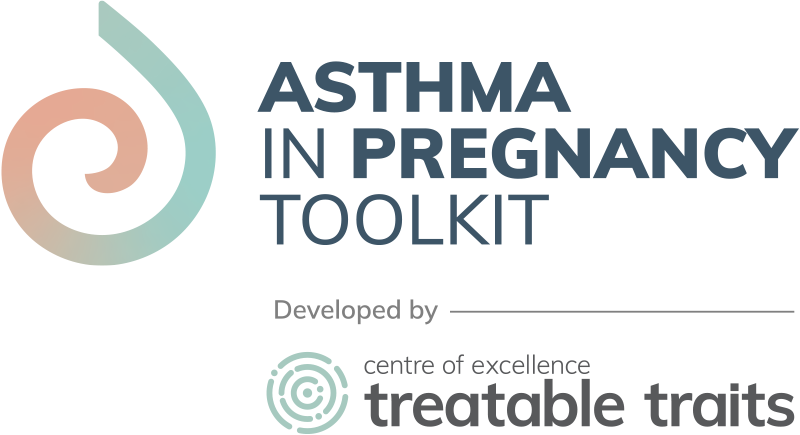
Page artwork by Carissa Paglino, a proud Wanaruah woman.
Women who are from marginalised communities (e.g. culturally and linguistically diverse, Indigenous, with English as a second language, of low socio-economic status, or with a disability) can experience additional barriers (such as communication, health literacy, transport and discrimination) when accessing health care. It is important to consider incorporating culturally safe models of care as a way of improving equity of access and providing patient centred care that meets the specific health needs of women.
A culturally safe model of care can include additional communication considerations such as working with:
- an interpreter (Auslan or languages other than English) or
- other multi-disciplinary health care workers who provide specialised cultural and family support (multicultural health workers and Aboriginal health workers).
With regard to Aboriginal and Torres Strait Islander health care in Australia, this can involve a range of different health service delivery models:
- Aboriginal Health and Community Controlled Organisations
- Aboriginal Medical Services
- Indigenous birthing units or Aboriginal health workers based in mainstream services – Aboriginal Hospital Liaison Officers, Aboriginal Health Workers
Examples of successful models of care operational throughout Australia providing maternity care to pregnant Aboriginal and Torres Strait Islander women and their babies include:
- The South Metropolitan Perth Aboriginal Maternity Group Practice Program that employs Aboriginal grandmothers, Aboriginal Health Officers and midwives working in partnership with existing antenatal services.
- The South Australia Aboriginal Family Birthing Program that provides culturally competent antenatal, intrapartum and early postnatal care with midwives and an Aboriginal Maternal and Infant Care worker providing care to women.
- NSW’s Aboriginal Maternal and Infant Health Service that provides a continuity of care model of care for women and their babies involving services offered by a midwife and Aboriginal Health Workers.
- The ‘Birthing on Country’ is another model of care that is designed to support the social and emotional needs of Aboriginal and Torres Strait Islander women, girls and their families. It provides a holistic framework where cultural beliefs and practices like connection to country, are essential for healthy mothers and babies.
Models outlined in the Submission to the Australian Human Rights Commission Consultation about the Wiyi Yani U Thangani (Women’s Voices) Project (2018), by the Congress of Aboriginal and Torres Strait Islander Nurses and Midwives (CATSINaM) and the Australian College of Nursing.
Acknowledgement of Country
The Asthma in Pregnancy Toolkit acknowledges Aboriginal and Torres Strait Islander peoples as the First Australians and Traditional Custodians of the lands where we live, learn, and work.
